
Garlic is one of the most widely used condiments in the world , as it provides an exquisite flavour to any meal. It not only enhances the flavour of food, but also provides many health-promoting properties.
Thanks to its strong flavor, it helps reduce the amount of salt added to foods. This article will discuss the benefits, nutritional value, and contraindications of garlic.
What is garlic?
Garlic is a plant belonging to the lily family , like onions and leeks. This species comes from the Asian continent and its scientific name is Allium sativum . It is also commonly known as garlic and rocambola.
Garlic has the following characteristics:
- The leaves of garlic are long and thin.
- Its stem is long and in some species it produces shoots.
- The bulb that grows on the roots has a white covering.
- It produces a white flower.
The bulb that grows from the root of this plant is used as food. It is divided into segments or cloves. It has a pungent and spicy taste.
Nutritional value of garlic
Various studies have shown that garlic has a wide variety of nutrients, so its consumption is highly recommended. Considering that a clove of garlic can weigh on average about 3 g, 100 grams of garlic provide:
- Calories: 119 kcal 623 kJ
- Carbohydrates: 24.30 g
- Sugars: 1 g
- Fat: 0.23 g
- Protein: 4.30 g
- Niacin: 1.02 mg
- Pantothenic acid: 0.596 mg
- Vitamin B6: 0.32 mg
- Vitamin C: 14.00 mg
- Calcium: 17.80 mg
- Iron: 1.2 mg
- Magnesium: 24.10 mg
- Sodium: 19 mg
- Zinc: 1.10 mg
What health benefits does garlic have?
Garlic, in addition to containing the nutrients described above, also contains allicin, manganese, selenium and antioxidants . Among the benefits that this delicious bulb provides to the body are the following:
It is an effective antibiotic
Studies conducted at Washington State University have shown that garlic contains diallyl sulfide, a molecule that is effective in combating the Campylobacter bacteria.
Protect the heart
Eating garlic regularly helps dilate blood vessels , which improves blood circulation and lowers heart pressure.
Promotes digestion
Garlic stimulates the mucous membranes of the stomach , which promotes the production of gastrointestinal secretions and helps achieve better functioning of the digestive system.

Strengthens the immune system
Adding garlic to your meals is beneficial in fighting infections, fungi and viruses , as it has antiviral, antibacterial and antifungal properties.
Protects the bones
Garlic contains components that help to take care of bones, such as calcium and selenium, which is beneficial in case of having a bone disease.
Uses of garlic
Garlic can be used in many different ways, whether in gastronomy , medicine or cosmetics . Below we will describe in detail some of its uses:
Garlic in food
This is the most common way to use it. Many people add it to their stews, salads, creams, breads and also use it to season meats.
Garlic in medicine
Due to the wide variety of nutrients and beneficial components that garlic possesses, this bulb is also included in various medicines. Before using a garlic-based medicine, a doctor should be consulted first.
Garlic in cosmetic products
Garlic has been found to promote nail and hair growth, which is why it is included in nail polish and hair products such as shampoos and conditioners.
How much garlic can you consume per day?
Normal consumption of garlic for adults is considered to be 1 clove per day and for children, half a clove per day.
When consuming garlic, various factors such as age, weight and height must also be taken into account.
Contraindications of garlic
Garlic is safe for health when consumed in the right way . Therefore, it is important to take into account the following recommendations before consuming it:
- Garlic consumption is not recommended for people who suffer from bleeding, as its vasodilatory effect could be risky for these types of patients.
- Excessive consumption of garlic can cause nausea, heartburn in the esophagus and stomach.
- Patients who are taking anticoagulants should avoid consuming this bulb, as it could cause adverse reactions in the body.
- Contact with eyes and skin should be avoided as it may cause irritation.
Garlic is a delicious food that everyone should include in their daily meals.
This can be safely consumed as long as it is done in excessive quantities and you are not taking medication that has negative interactions with it.
The best thing about this condiment is that it can be added to various foods . Some children like to eat garlic sauce, so this is an alternative for the little ones in the house to take advantage of the properties that it contains.
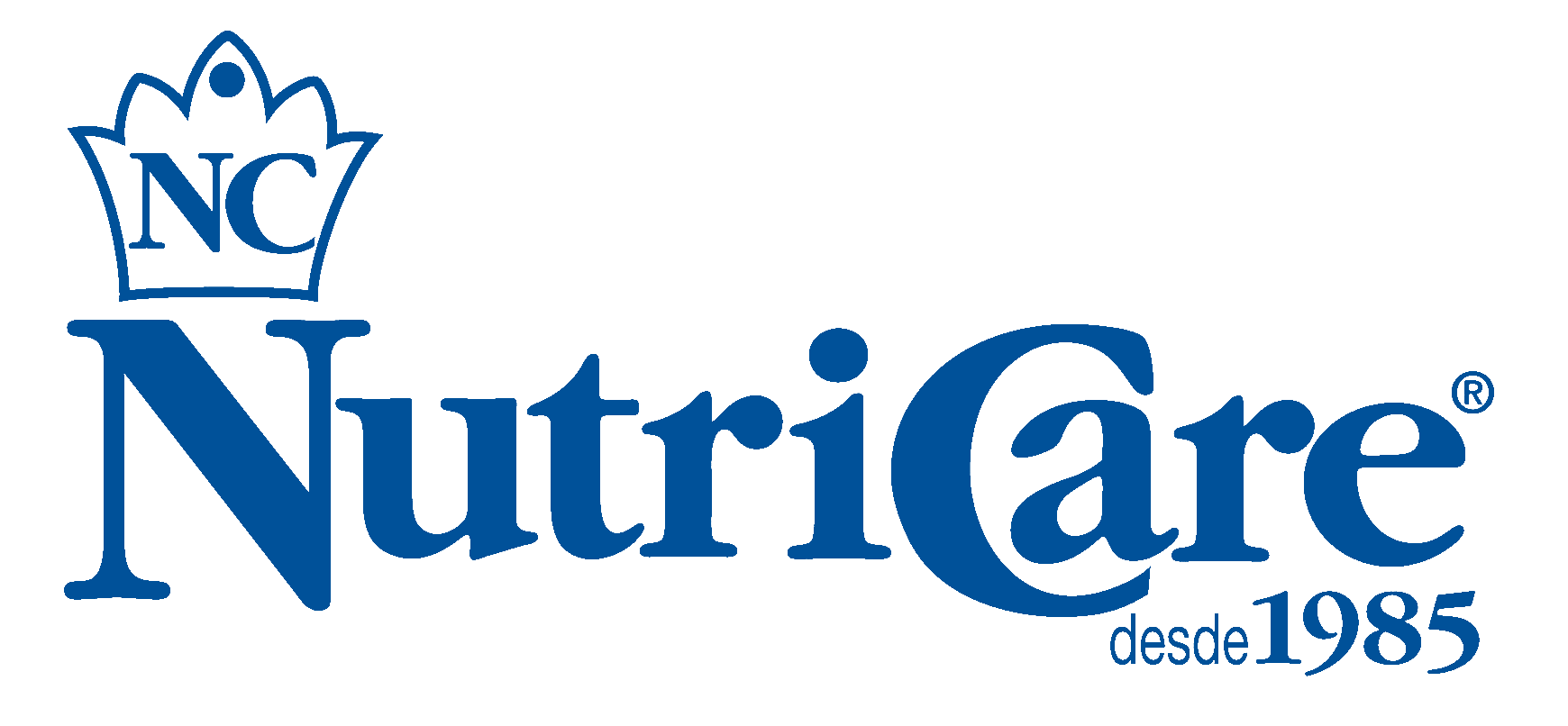

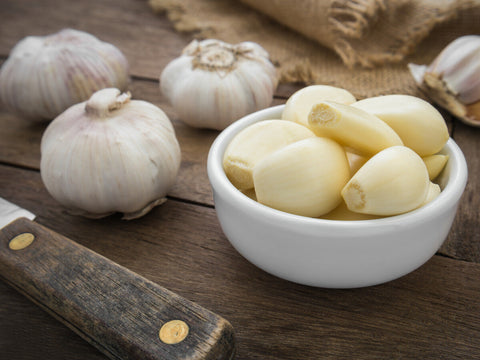





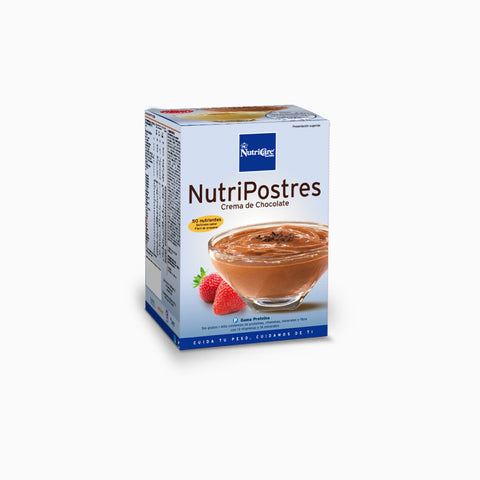
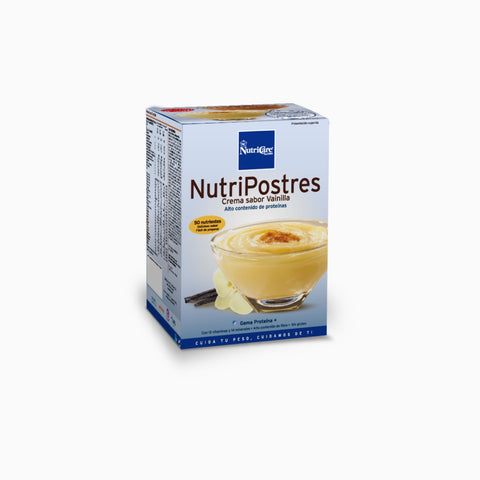
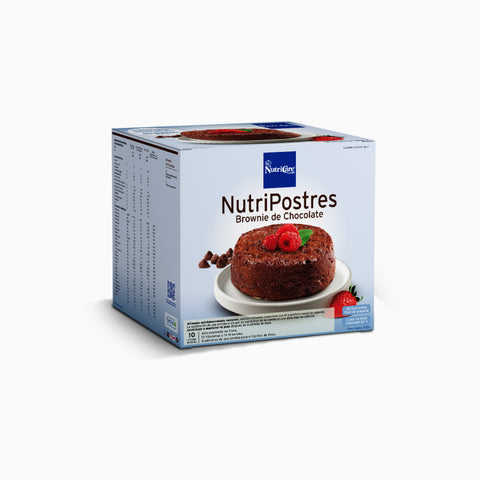
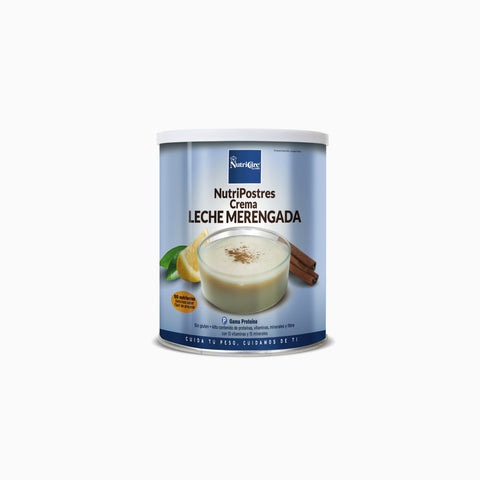
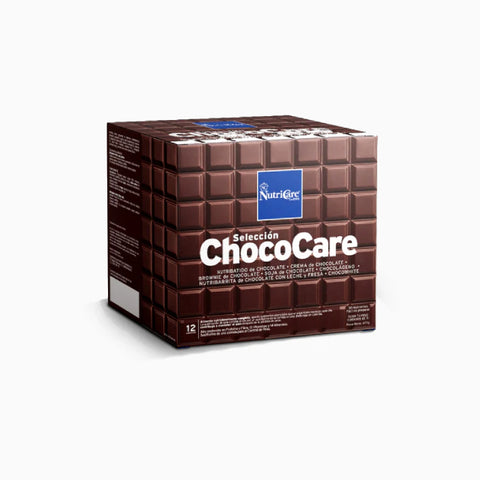

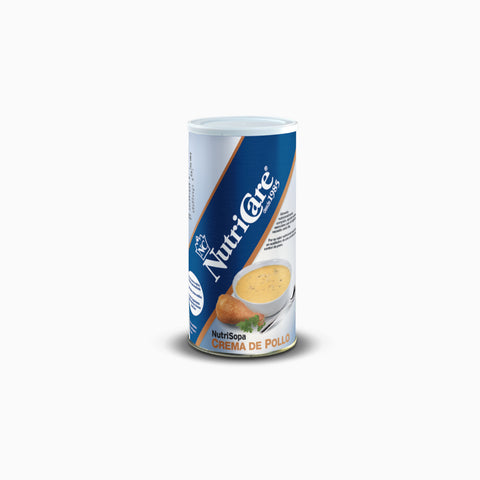
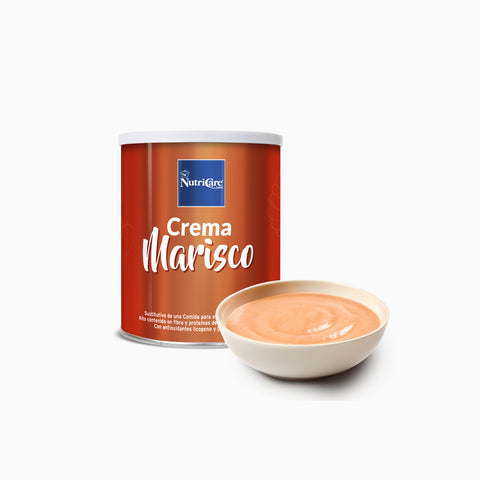
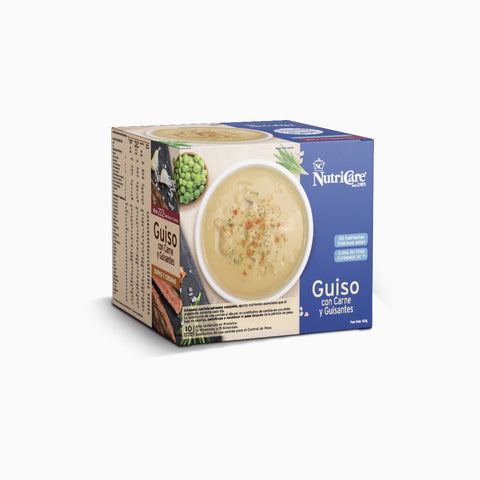


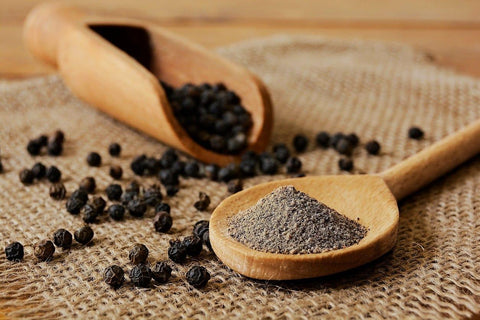
Comments (0)
There are no comments for this article. Be the first one to leave a message!